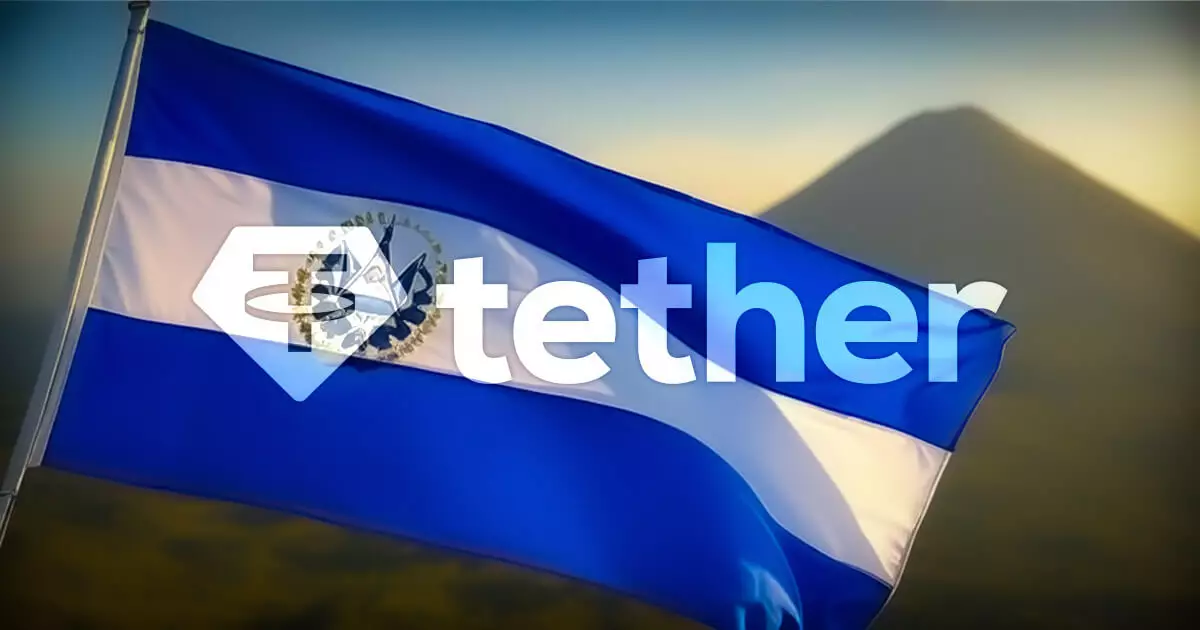In a significant strategic decision, Tether, a dominant player in the stablecoin sector, is set to relocate its global headquarters to El Salvador after securing a Digital Asset Service Provider (DASP) license. This development was announced on January 13 and reveals Tether’s commitment to tapping into a rapidly evolving financial landscape. El Salvador, notably recognized as the pioneering nation to endorse Bitcoin as legal tender, is positioning itself as an attractive destination for digital asset innovation. This move not only signifies Tether’s bold endorsement of cryptocurrency’s potential but also reflects a broader trend of traditional financial institutions adapting to blockchain technology.
The decision to relocate to El Salvador stems from the country’s progressive regulatory environment under the administration of President Nayib Bukele. Tether identified this framework as vital for nurturing the growth of cryptocurrency and blockchain ventures. Bukele’s policies have garnered attention for fostering an atmosphere where digital assets can thrive, which aligns seamlessly with Tether’s mission to promote financial inclusion on a global scale. The synergy between El Salvador’s Bitcoin-first approach and Tether’s goals illustrates a promising partnership that could lead to innovative solutions for underserved regions.
One of Tether’s primary objectives is to enhance financial access for demographics that traditional banking systems often ignore. By establishing their headquarters in El Salvador, Tether aims to leverage the local ecosystem to drive financial innovation in areas that typically suffer from economic disenfranchisement. This move resonates with Tether’s broader vision of utilizing digital assets as a means to empower individuals and communities that historically have been excluded from the financial mainstream.
Paolo Ardoino, Tether’s CEO, has been vocal about his admiration for President Bukele’s transformative leadership. He views Bukele as a pivotal figure who can spearhead significant change, particularly in the realm of digital currencies. Ardoino’s enthusiasm for Bukele’s agenda underscores a belief that a single leader can catalyze economic vibrancy and progressive policy-making, essential components for evolving digital finance. His acknowledgment of El Salvador’s advancements not only highlights the influence of political leadership in shaping economic policies but also reflects Tether’s appreciation for a supportive business environment that aligns with their values.
As Tether embeds itself within El Salvador’s burgeoning digital finance landscape, its commitment extends beyond operational adaptation; it signals an endorsement of the principles of financial freedom, innovation, and resilience. This relocation to a country charting a path toward digital asset integration could bolster Tether’s capacity to explore new technologies and foster collaborations within a vibrant business ecosystem. El Salvador’s ongoing evolution as a digital finance hub positions it as a critical player on the global stage, and Tether’s initiative may pave the way for other companies to follow suit, invigorating an entire sector aimed at transforming financial accessibility worldwide.
Tether’s strategic relocation to El Salvador represents not only a corporate decision but a progressive step in the wider adoption of cryptocurrencies, promising a future where digital assets play an increasingly central role in global finance.

